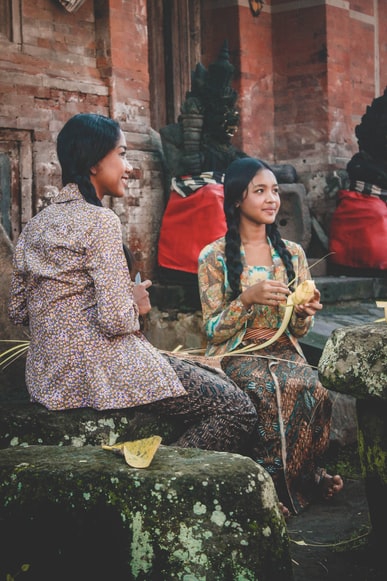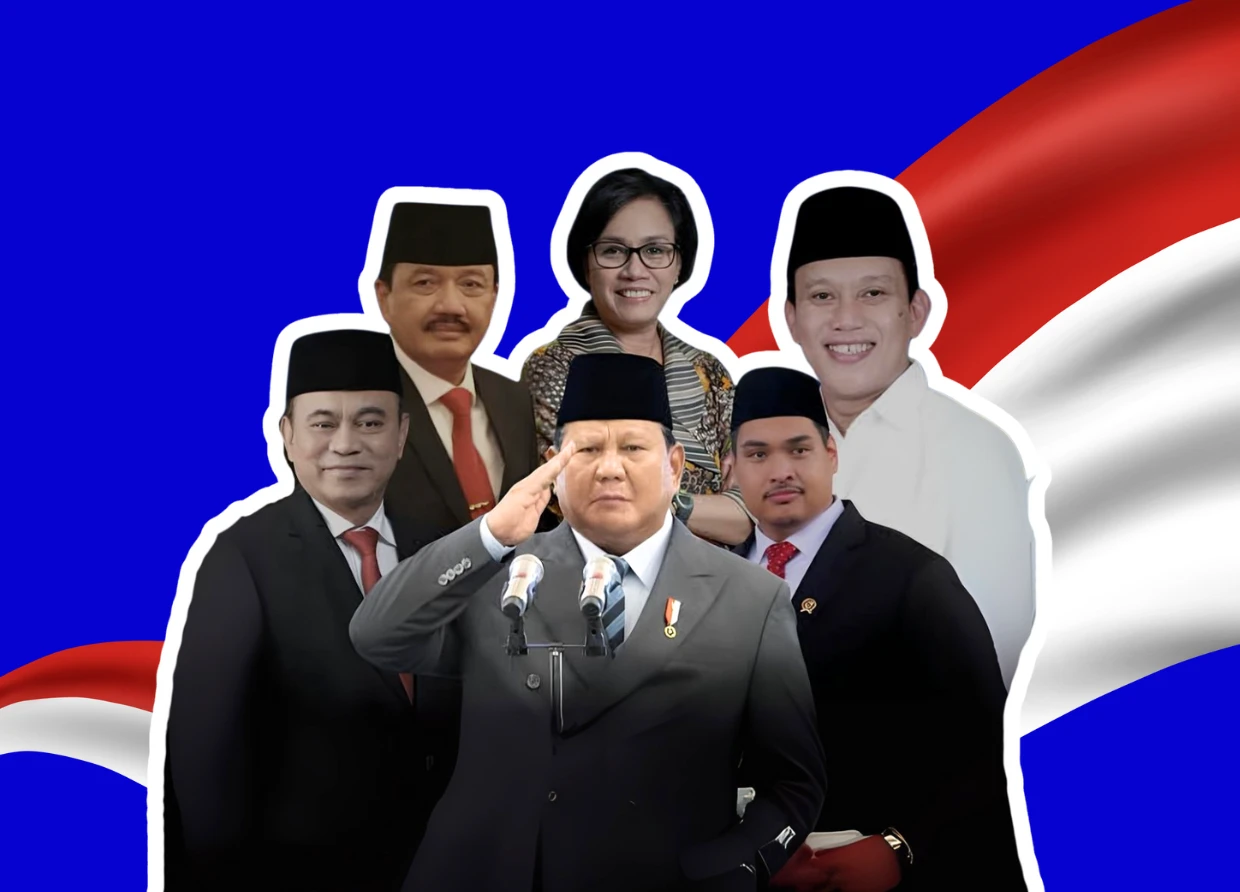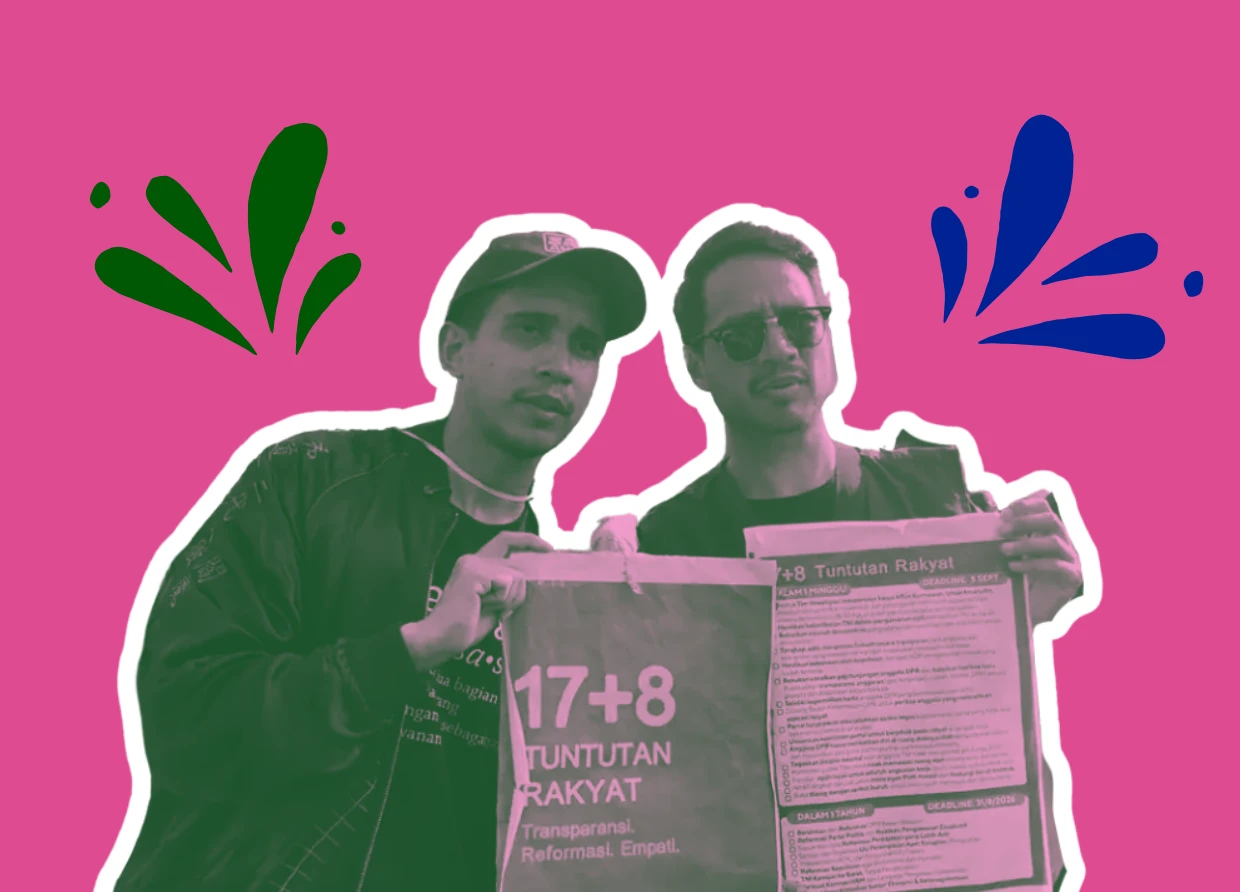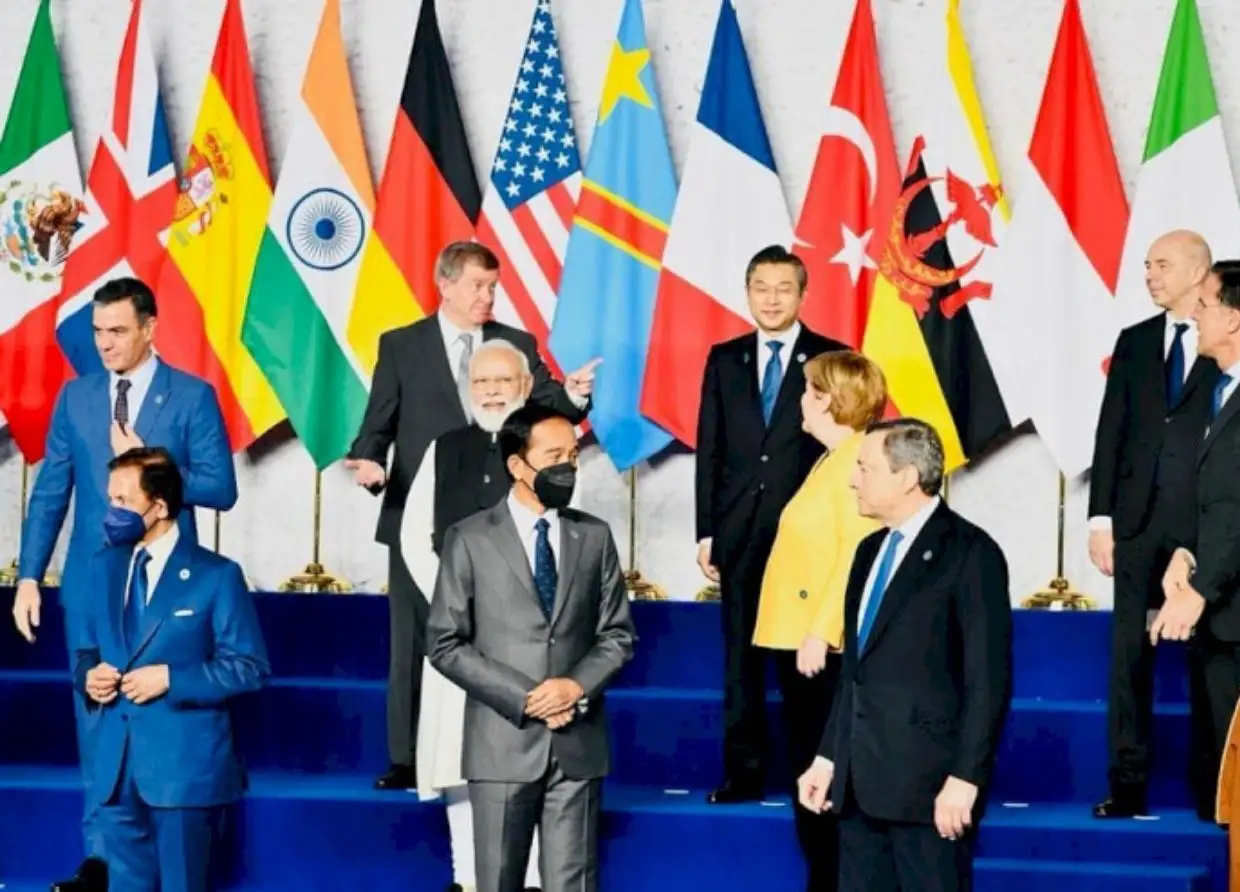YOUNG INDONESIANS ARE POSITIVE ABOUT THE POST-PANDEMIC FUTURE
Indonesian youth feel optimistic about the government's handling of the pandemic threat.

Young Indonesians are positive about their future despite the present COVID-19 pandemic, yet they are still keeping an eye on how the virus is progressing in Indonesia. In reality, despite their fears of an impending economic crisis, most young Indonesians value the government's efforts to address the community's basic requirements, such as health and education, as well as the existence of a social ecosystem that encourages an open discussion about their citizenship.
In its third year, the ASEAN Youth Survey conducted by Redhill analyzes the role of youth in Southeast Asia as the main driver of economic, cultural, and socio-political change. This study tries to find out how their aspirations and concerns are about government, economy, education, health care, life choices, and online activities – through the opinions of nearly 3,000 people aged 18-35 years in seven ASEAN countries.
"The past two years have been difficult for young people in Indonesia, but this hasn't dimmed their hope for a better future – not least because of their generally positive opinion toward the government's handling of the epidemic situation in numerous domains. Despite concerns about long-term recovery, young Indonesians think they have a foundation on which to build something, as seen by their efforts to live a better life in the new normal," stated Pranav Rastogi, Managing Director, Redhill.
Economics and governance
Young Indonesians' views on the government's handling of the COVID-19 outbreak are still highly fluid (tentative). Although the majority of respondents (52%) gave positive responses, this was countered by 41 percent who were still undecided and 7% who expressed a critical perspective.
Young Indonesians' attitudes of engaged citizens, on the other hand, are more optimistic. This is evidenced by the fact that 77% of respondents think possibilities for active citizenship and social advocacy are beneficial. While there is still a good feeling for public participation and gender inclusiveness, as well as the freedom to engage openly on racial and minority concerns.

In terms of the economy, the majority of respondents in Southeast Asian countries questioned that 87 percent of them express anxiety about job security. Despite the fact that the majority of young people indicated they now had enough money to meet their basic needs, they are concerned about saving for the future.
In this instance, 77 percent of respondents believe that they will need to work another job to meet their financial needs. Despite this, the majority of young Indonesians (61%) believe the government has established enough policies for post-pandemic recovery and growth, while over 30% believe government policies are still normative, and 10% are concerned. Despite the current job market difficulties, 47 percent of young Indonesians are cautiously hopeful about chances for local skill upgrading.
Health
Most young Indonesians surveyed believe that basic health care provision in Indonesia is good, and that affordability and access are adequate - 56 percent and 58 percent, respectively, indicating a modest difference.
Despite cautious optimism about achieving basic promises, the majority of local responders still consider that rolling out a COVID-19 vaccine is adequate. Young Indonesians appear to be more open when it comes to more culturally sensitive topics like sexual health.

This is evidenced by the fact that the majority of responders agree. This openness extends to their attitudes toward discussing mental health issues, though to a lesser extent. 64 percent of young Indonesians are more likely to talk about it with someone they trust.
Life choices and education
Most respondents across the area said getting a primary or tertiary education was simple, a trend that was repeated in Indonesia, with 70 percent (basic education) and 83 percent (further education) of local respondents agreeing. Nearly 60% of respondents feel that Indonesia's educational system is extremely competitive. However, there was less optimism about their ability to cope with educational stress, as evidenced by most young people being unsure, compared to 43 percent who were optimistic.
Respondents were given a list of items they aspired to achieve in life to quantify their importance when asked about their life choices. Health is the most important factor in Indonesia followed by family and education, environmental conservation, and personal development.

Young Indonesians are opting to be frugal in the face of the growing pandemic. A huge number of people said they don't spend much money on luxuries like entertainment and vacations. however, they are more positive about their future goals, and owning a home is financially feasible.
#THE S MEDIA #Media Milenial #young indonesian #post pandemic future



























